Navigating the Uncharted: Embracing the Journey Without a Map
Related Articles: Navigating the Uncharted: Embracing the Journey Without a Map
Introduction
With enthusiasm, let’s navigate through the intriguing topic related to Navigating the Uncharted: Embracing the Journey Without a Map. Let’s weave interesting information and offer fresh perspectives to the readers.
Table of Content
Navigating the Uncharted: Embracing the Journey Without a Map
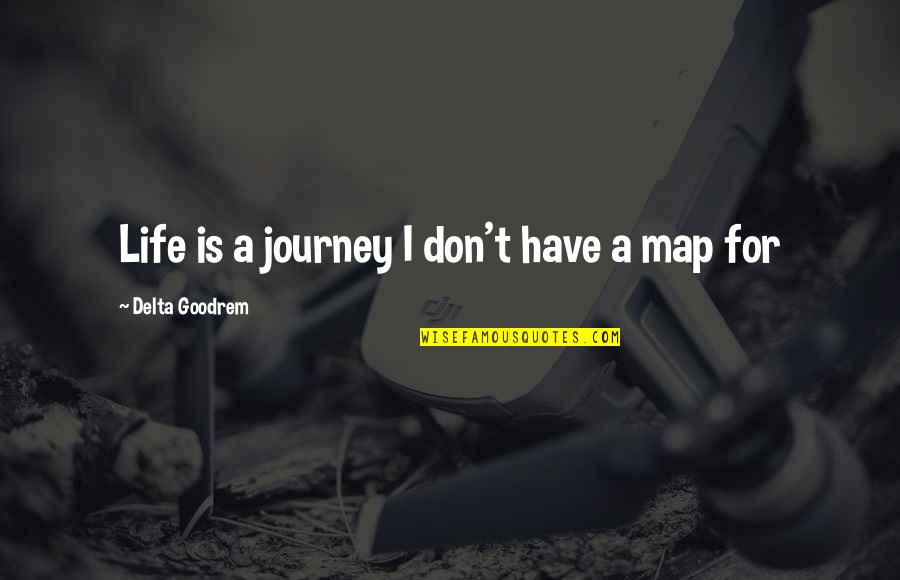
In an era dominated by GPS navigation and detailed online maps, the notion of venturing forth "without a map" might seem antiquated, even reckless. Yet, this seemingly outdated concept holds a powerful allure, inviting us to shed the constraints of predetermined paths and embrace the liberating potential of exploration.
The absence of a map, in its most literal sense, removes the crutch of a pre-defined route, forcing individuals to rely on intuition, observation, and a willingness to embrace the unknown. This act of surrendering to the journey, rather than controlling it, can be a profoundly transformative experience.
However, "without a map" extends far beyond the realm of physical travel. It embodies a mindset, a philosophy of life that encourages us to approach challenges, opportunities, and even our own personal growth without the safety net of a pre-defined plan. It signifies a willingness to:
- Embrace Uncertainty: The absence of a map eliminates the illusion of control, forcing individuals to confront the inherent uncertainty of life. This can be a daunting prospect, but it also fosters resilience, adaptability, and a deeper appreciation for the unpredictable nature of existence.
- Cultivate Curiosity: Without a map, every turn becomes a potential discovery. Curiosity is ignited, fostering a thirst for knowledge and a desire to explore the world around us with open eyes and an open mind.
- Develop Intuition: The absence of a pre-defined path necessitates reliance on intuition, that inner compass that guides us based on our experiences, values, and subconscious understanding of the world. This can lead to unexpected insights and a deeper connection with our own inner wisdom.
- Forge New Paths: The absence of a map encourages individuals to create their own routes, to define their own paths, and to carve their own unique journeys. This fosters a sense of agency, purpose, and self-discovery.
The Benefits of Embracing the Uncharted
The act of venturing "without a map" offers a myriad of benefits, both personal and professional:
- Enhanced Creativity: By removing the constraints of a pre-defined plan, individuals are free to explore novel ideas, experiment with unconventional approaches, and develop solutions that are truly original.
- Increased Resilience: Facing challenges without a map fosters resilience, adaptability, and the ability to overcome obstacles with ingenuity and determination.
- Greater Self-Awareness: The process of navigating without a map necessitates introspection, self-reflection, and a deeper understanding of one’s own strengths, weaknesses, and values.
- Personal Growth: The act of venturing into the unknown, without the safety net of a pre-defined path, fosters personal growth, self-discovery, and a deeper appreciation for the transformative power of life’s experiences.
Navigating the Uncharted: Practical Applications
The concept of "without a map" can be applied to various aspects of life, from personal development to career choices to creative pursuits:
- Career Exploration: Instead of following a pre-defined career path, individuals can embrace exploration, experimenting with different roles, industries, and projects to discover their true passions and talents.
- Personal Growth: Embracing the unknown in personal relationships, setting personal goals, or exploring new hobbies can foster self-discovery, resilience, and a deeper understanding of one’s own values.
- Creative Endeavors: Artists, writers, musicians, and entrepreneurs can benefit from embracing the absence of a map, allowing their creative instincts to guide them, fostering originality and innovation.
FAQs
Q: Isn’t it irresponsible to navigate without a map?
A: While a map can provide a sense of security and direction, it can also limit exploration and hinder personal growth. The absence of a map encourages individuals to rely on their intuition, observation, and adaptability, fostering resilience and self-discovery.
Q: How can I navigate "without a map" when making important decisions?
A: Instead of relying solely on external guidance, consider:
- Gathering information: Research and gather relevant information, but avoid clinging to a single, pre-defined path.
- Trusting your intuition: Listen to your inner voice, your gut feeling, and consider the values that guide your decisions.
- Seeking advice from trusted sources: Consult with mentors, friends, or family members, but ultimately make decisions that resonate with your own values and aspirations.
Q: What if I get lost or make mistakes when navigating "without a map"?
A: Getting lost or making mistakes is a natural part of the journey. Embrace these experiences as opportunities for learning, growth, and course correction. Remember, every detour can lead to unexpected discoveries and valuable insights.
Tips for Embracing the Journey Without a Map:
- Start Small: Begin by applying the "without a map" approach to smaller decisions or activities, gradually expanding your comfort zone.
- Cultivate Curiosity: Embrace the unknown, ask questions, and be open to new experiences and perspectives.
- Trust Your Intuition: Pay attention to your inner voice, your gut feelings, and learn to trust your instincts.
- Embrace Flexibility: Be willing to adjust your plans, adapt to unexpected circumstances, and see setbacks as opportunities for growth.
- Celebrate the Journey: Focus on the process of exploration, the discoveries along the way, and the personal growth that comes from embracing the unknown.
Conclusion
Navigating "without a map" is not about recklessness or a disregard for planning. It is about embracing the inherent uncertainty of life, fostering curiosity, trusting intuition, and forging your own path. It is about recognizing that the journey itself, with all its twists and turns, holds the greatest potential for personal growth, self-discovery, and profound fulfillment. By embracing the absence of a map, individuals can unlock a world of possibilities, navigate life’s complexities with greater resilience and creativity, and ultimately, discover the true meaning of their own unique journey.

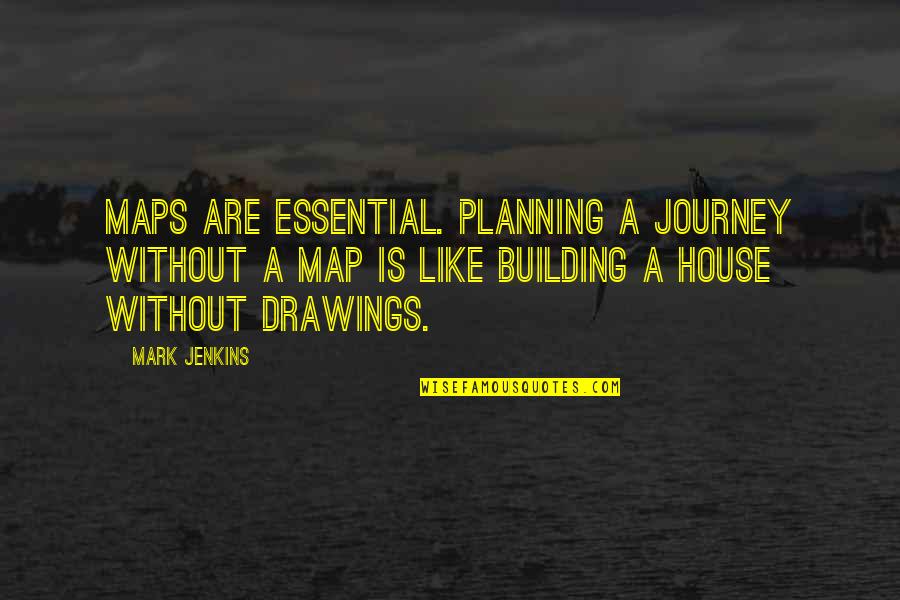
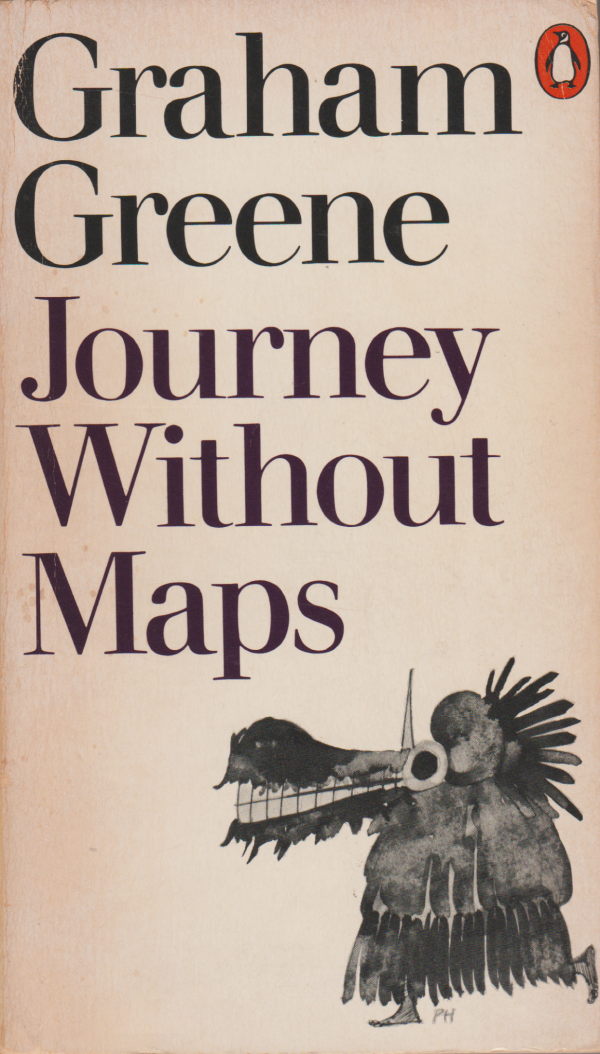
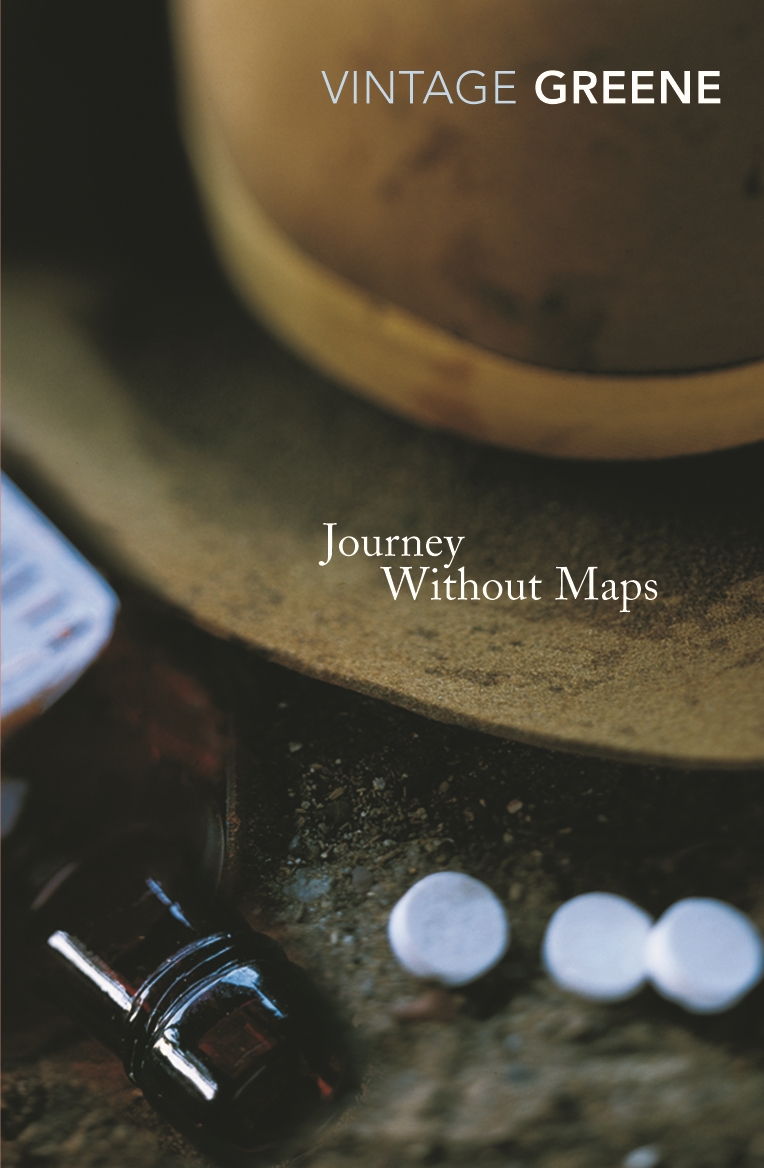

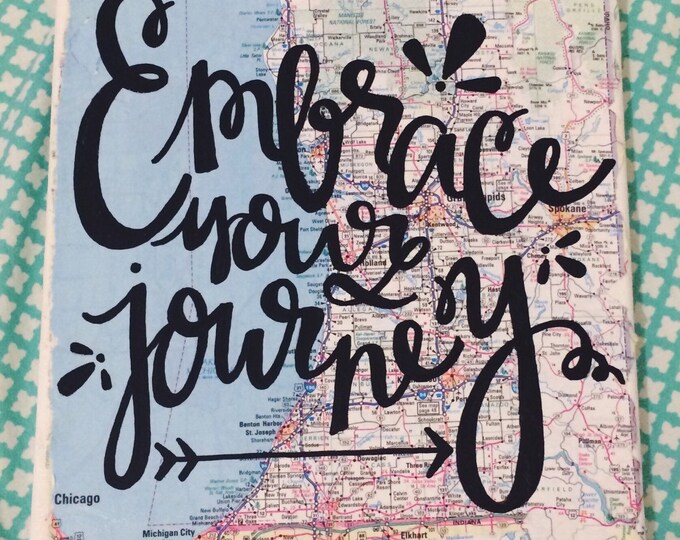


Closure
Thus, we hope this article has provided valuable insights into Navigating the Uncharted: Embracing the Journey Without a Map. We thank you for taking the time to read this article. See you in our next article!
